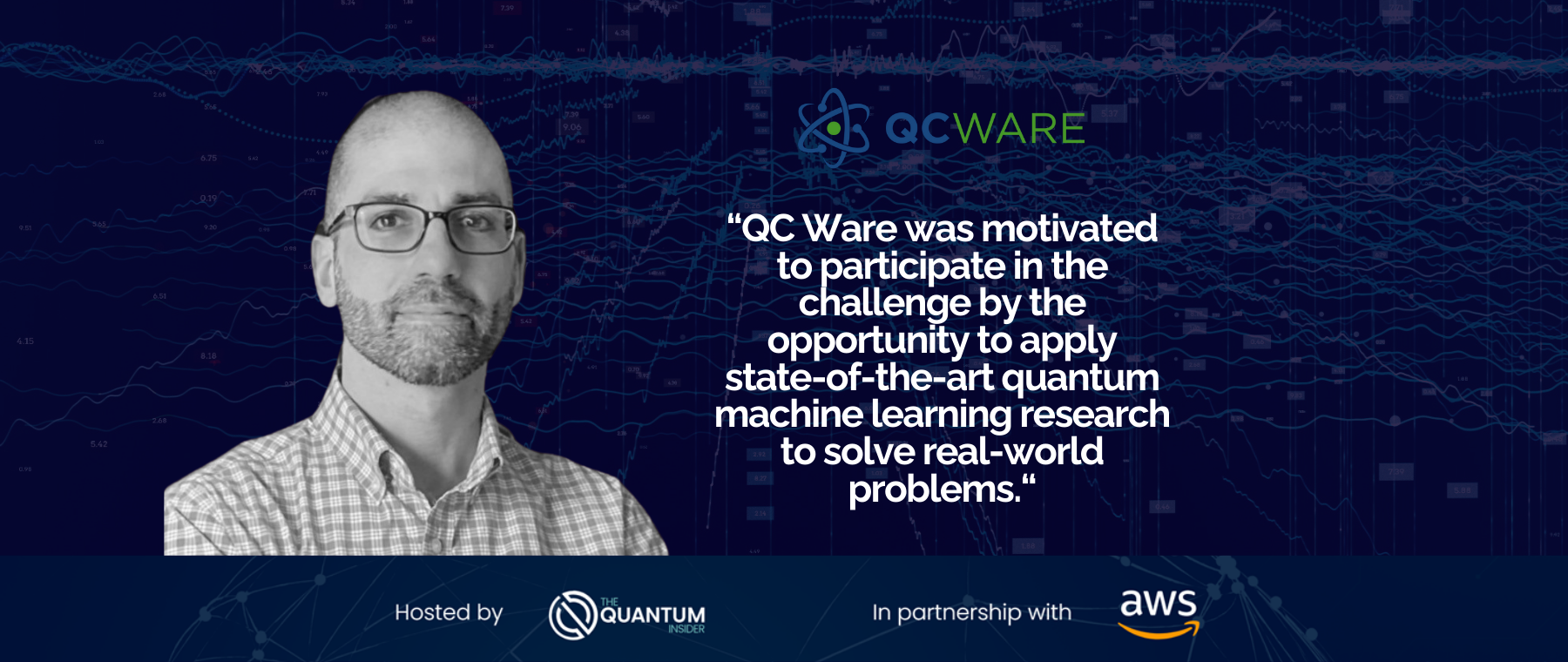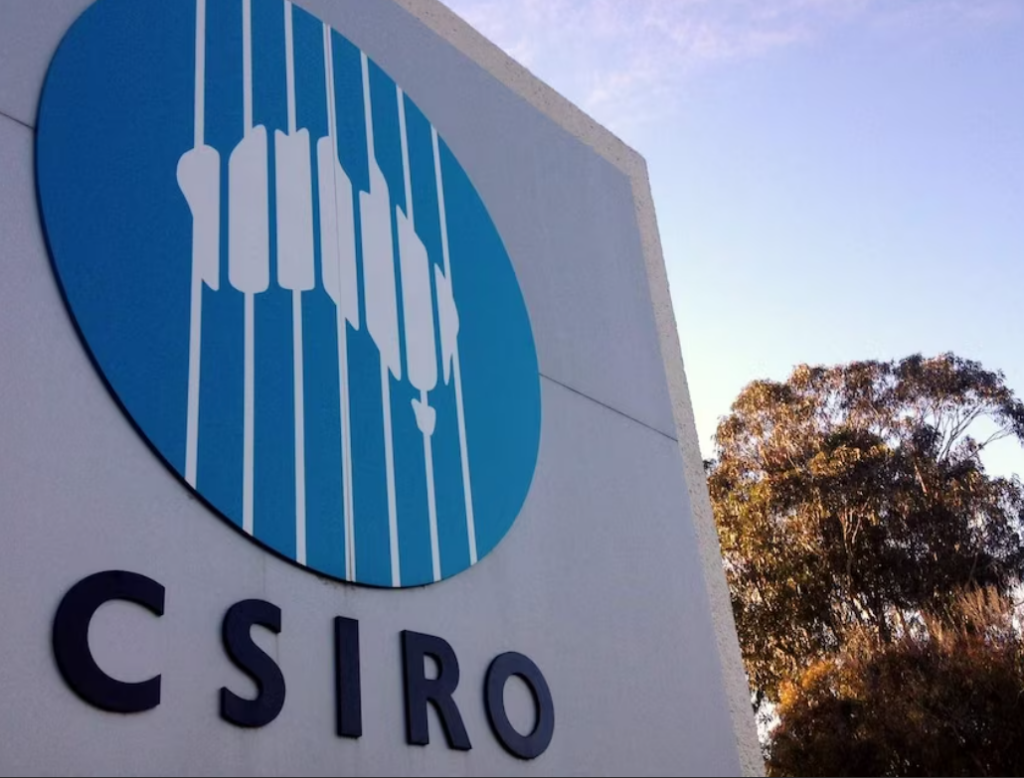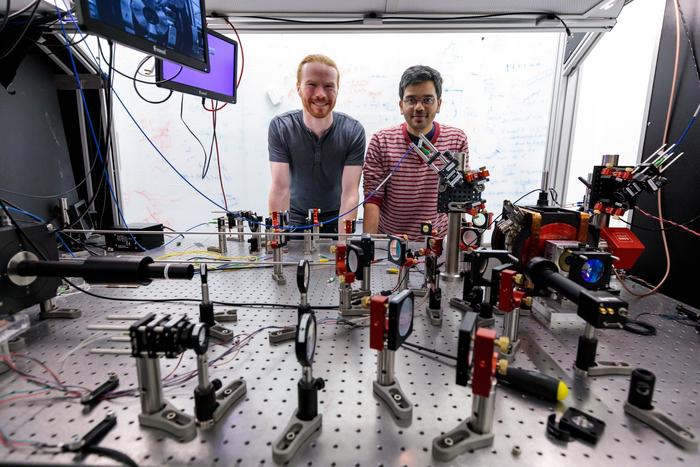In this special series, The Quantum Insider will be exploring how participation in quantum research competitions, such as the Airbus BMW Group’s Quantum Computing Challenge — The Quantum Mobility Quest, can pay off in real, tangible benefits, even beyond the potential for prize-winning entries. In this edition, we’ll talk with the team from QC Ware, a quantum and classical computing software and services company focused on delivering enterprise value through cutting edge computational technology.
The QC Ware team won a category in BMW’s 2021 QC Challenge and subsequently worked on two QML projects with BMW. They also collaborated with Airbus on several projects.
In this question and answer session, Taher Jamshidi, QML Business Advisor at QC Ware, discusses the challenges, benefits and importance of competing in events like the Airbus BMW Group’s Quantum Computing Challenge — The Quantum Mobility Quest
The Quantum Insider: Could you briefly introduce your team and your winning quantum computing challenge project?
Taher Jamshidi, quantum machine learning business advisor, QC Ware Corp: The team from QC Ware, composed of experts in quantum algorithms, emerged victorious in the QML category of BMW’s 2021 QC Challenge. The project focused on leveraging computer vision and machine learning to identify defects in surfaces, a crucial quality assessment task. By comparing classical approaches with quantum methods, QC Ware’s team discovered significant advantages in utilizing quantum techniques, showcasing the potential of quantum computing to enhance traditional machine learning solutions for complex business challenges.

TQI: What motivated your team to participate in last year’s quantum computing challenge? How did you identify the potential of your project in aligning with the competition’s objectives?
Jamshidi: QC Ware was motivated to participate in the challenge by the opportunity to apply state-of-the-art quantum machine learning research to solve real-world problems. The complexity and industry relevance of the project aligned perfectly with QC Ware’s mission to tackle significant business issues using cutting-edge technology. Having supported numerous Fortune 100 companies through various projects, QC Ware remains committed to solving business problems with advanced technology and publishing results in collaboration with clients to contribute to and advance the field.
TQI: What were some of the most significant challenges your team faced during the competition, and how did you overcome them?
Jamshidi: The adaptation of computer vision techniques, particularly the convolution product operation found in Convolution Neural Networks (CNNs), to a quantum framework posed a significant challenge. QC Ware approached this by revisiting the foundational linear algebra of these operations, seeking their applicability within quantum algorithm theory. This exploration led to a solution that not only demonstrated how quantum techniques could enhance classical machine learning but also highlighted QC Ware’s ability to help companies leverage this emerging technology to address challenging business problems effectively.
TQI: Winning a competition like this often opens new doors. How has winning the challenge impacted your team and your project’s trajectory?
Jamshidi: Winning the 2021 BMW Challenge fostered a strong bond between QC Ware and BMW, enabling QC Ware to engage in several practical quantum projects with the automotive manufacturer. The victory underscored the importance of presenting complex business problems through such challenges as a means to increase participation and innovation in the quantum computing space.
TQI: Were there any unexpected benefits or opportunities that came out of participating in the competition?
Jamshidi: Participating in and winning the challenge accelerated QC Ware’s problem-solving capabilities and offered an excellent source of motivation. Beyond the achievement, the competition improved QC Ware’s relationship with BMW, providing deeper insights into BMW’s commitment to innovation and the high value it places on pioneering technological advancements.
TQI: Can you share how Airbus and BMW supported your project, and how has this relationship evolved post-competition?
Jamshidi: The collaboration with BMW after the challenge demonstrated the unique value that QC Ware’s quantum experts bring to the table. By showcasing practical applications of quantum computing beyond theoretical research, QC Ware has helped bridge the gap between academic research groups and real-world business applications, further solidifying the evolving relationship based on mutual recognition of innovation’s value.
TQI: Based on your experience, what advice would you give to teams considering participating in the next Airbus-BMW quantum computing challenge?
Jamshidi: Given the excitement surrounding quantum technology, QC Ware advises future challenge participants to remain authentic to the value they bring, from both an algorithmic and quantum hardware perspective. True advancements in quantum computing are achieved by staying grounded in the actual problem and the current state of quantum technology, rather than being swayed by the industry’s hype.
TQI: Collaborations like the Airbus-BMW quantum computing challenge play a significant role in building the quantum computing ecosystem. How do you see these competitions shaping the future of quantum computing research and application?
Jamshidi: Challenges like the Airbus-BMW quantum computing competition play a pivotal role in highlighting research teams and attracting talent to the quantum computing field. By fostering a virtuous cycle of recognition and talent attraction, such competitions contribute significantly to shaping the future of quantum computing research and its applications across industries.
For more market insights, check out our latest quantum computing news here.



















